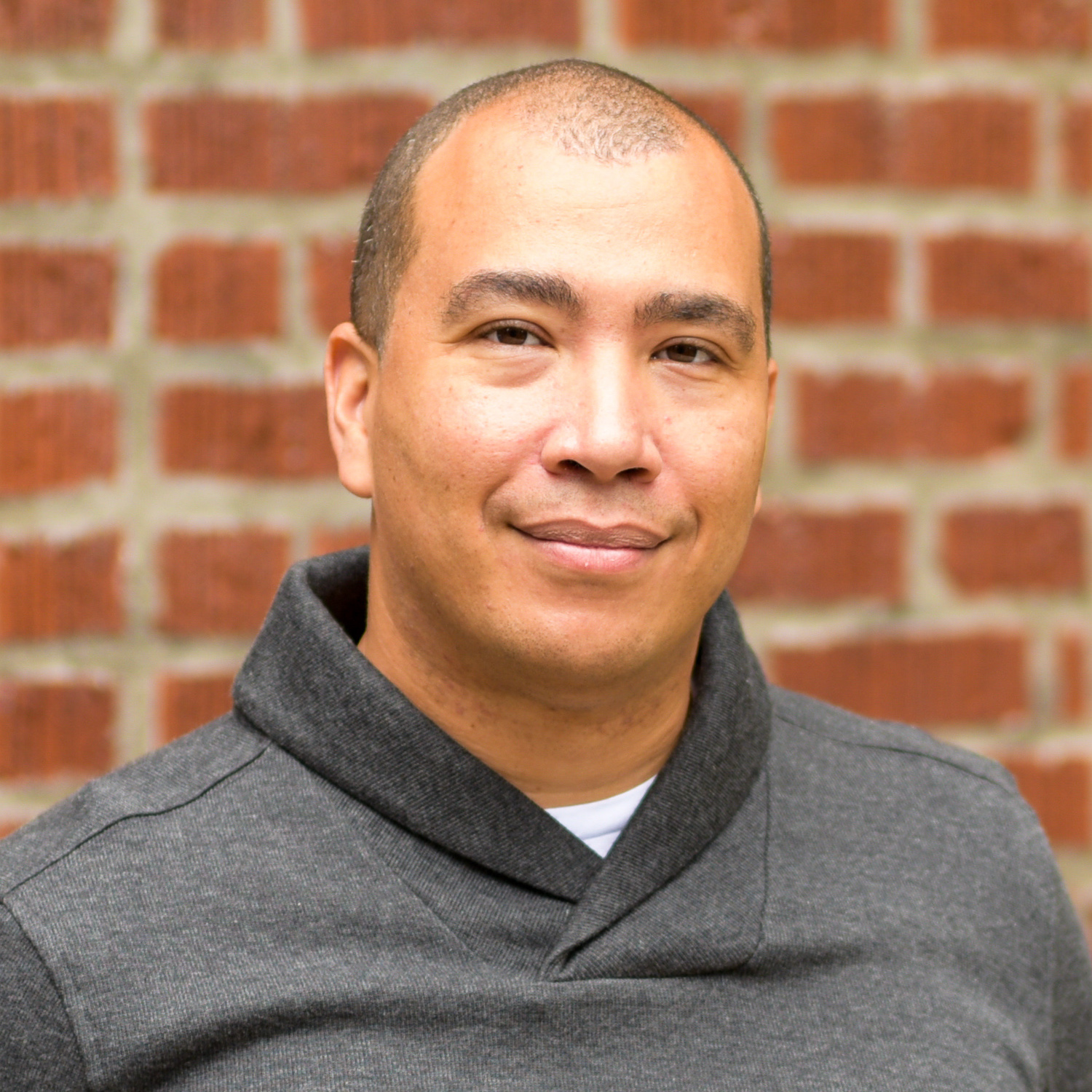The statements “I can do that” and “I will do that” differ by only one word, but that one word makes a lot of practical difference.
When we say we can do something, we’re only talking about potentials; when it comes to motivation, “can” is a pretty weak word when it’s spoken in the first person. I’m not downplaying the importance of seeing that you can do something, but when it comes to finishing the stuff that matters, “will” has all of the juice.
When we say we “will” do something, it both assumes the potential and expresses a commitment. There is no maybe, no might, no “I’m thinking about it” – the major decision (to do it or not do it) has already been made.
“Will” is funny that way because once it is uttered, it both constrains and liberates us. It constrains us because it eliminates a lot of options of things we might do, but it liberates us because it can set us free from the sometimes crippling burden of choosing one option over the other.
I know this might all sound either theoretical or purely semantic, but it makes a huge difference. For instance, when my clients and I are talking about their strategies, action plans, or courses of action, they learn very quickly that I will challenge a “can” once we’ve agreed to the plan. That they can do it has already been agreed to before we even started making plans and strategies; what we both most need to know is if they will do it.
All that said, “will” does not create a straightjacket, but rather creates a powerful default. It’s fine to decide that you also will not do something after you’ve said you would do it, but notice how much stronger the inertia is to do what you’ve said you would do.
So, the next time you’re thinking about something you could, can, or might do, play with changing it from those words to “will” do and see what happens. Bonus points if you tell someone else what you will do, too.
Originally published at productiveflourishing.com


